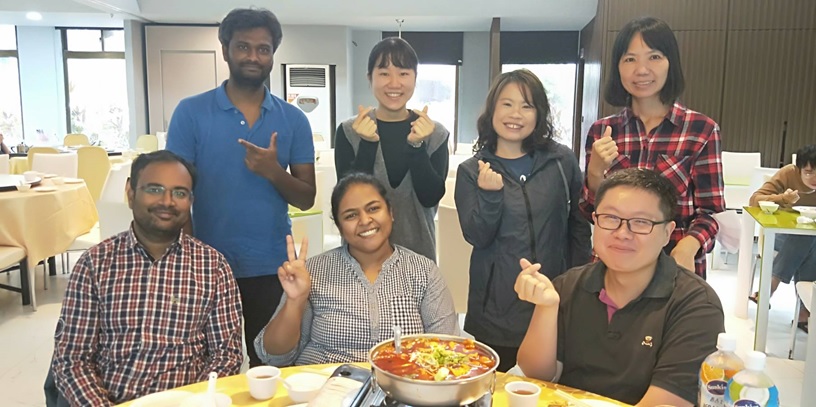
Dr. Ooi-Kock Teh is a Principal Investigator in IPMB, Academia Sinica since 2021. He is originally from Malaysia, and has lived in several countries including the UK, Japan, Sweden, and Germany in the past decade. Now he has settled down in Taiwan for a year and a half. Let us get to know more about him!
Education and Work Experiences:
🔹2016-2021 Assistant Professor, Hokkaido University, Japan
🔹2015-2016 Postdoctoral Researcher, IPB, Halle, Germany
🔹2013-2015 Postdoctoral Researcher, SLU, Sweden
🔹2010-2013 JSPS Research Fellow, Kyoto University, Japan
🔹2007-2010 Research Officer, Malaysian Palm Oil Board, Malaysia
🔹2003-2007 D.Phil Department of Plant Sciences, University of Oxford
🔹2000-2003 B.Sc. Faculty of Science, Universiti Malaya
2003-2007 Malaysia 🛬 United Kingdom 🛬 Malaysia
After completing his university studies in Malaysia, Dr. Teh was awarded a national scholarship to pursue a PhD in Plant Sciences at the University of Oxford in the UK. Upon returning to Malaysia, he worked as a researcher at the Malaysian Palm Oil Board, leading a routine 9-to-5 life. However, he had longed for more challenging work, so after his tenure was up, he applied to work overseas in Japan.
2010-2013 🛬 Japan
While spending two and a half years as a research fellow at Kyoto University in Japan, Dr. Teh was immersed in a cultural and historical city filled with temples, shrines, and cherry blossoms. Despite devoting most of his time to research, he did not miss out on visiting the local attractions. From snowy landscapes to illuminations, Kyoto offers plenty of beautiful winter attractions that were truly breathtaking.
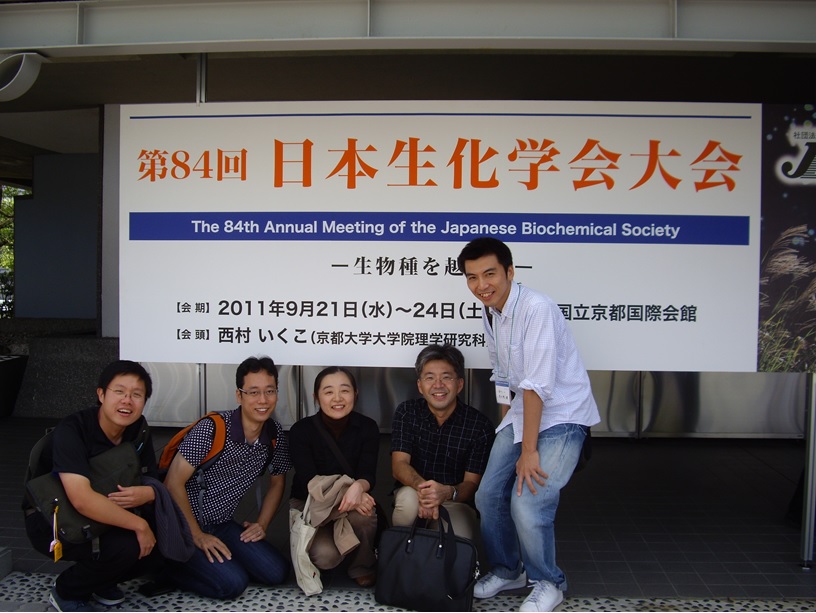
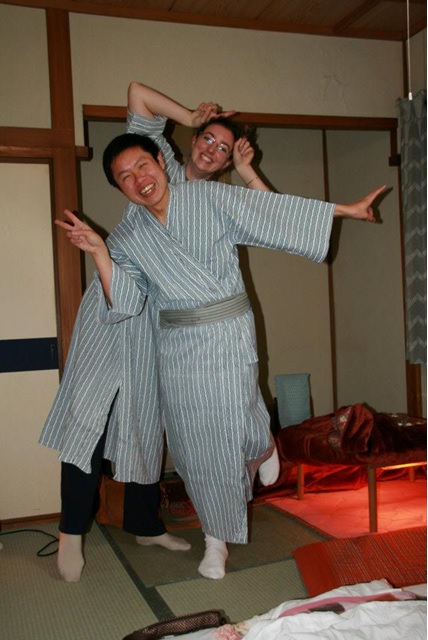
2013-2015 🛬 Sweden
Later, Dr. Teh applied and was accepted to the Swedish University of Agricultural Sciences (SLU), traveling halfway across the globe to reach Sweden. Sweden was an ideal place to live with a strong economy, a high quality of life, and excellent social welfare. (Additionally, the Northern Lights could be seen there, although Dr. Teh regretted for not being able to witness it firsthand). While everything in Sweden was nearly perfect, due to the regulations at that time, he had to find a new position if he did not transit into a teaching role upon the completion of his contract. Therefore, he went on to work in Germany.
2015-2016 🛬 Germany
Dr. Teh’s first impression of Germany was that the tax rate was incredibly high, reaching up to 42% (which means almost half of the salary goes to the government). IPB was located in a town in eastern Germany, where the locals were relatively simple and conservative. At that time, the refugee issue was a hot topic. As a foreigner, he didn’t feel comfortable living there and thus didn’t stay long in Germany.
2016-2021 🛬 Japan
In 2016, Dr. Teh returned to Japan and arrived in Hokkaido this time. While working as a teacher and researcher at Hokkaido University, he also had a deep appreciation for the local culture of Japan. The city and nature are in great harmony, and the convenience and year-round beauty were highly praised.
2021~ 🛬 Taiwan
After traveling to many countries, Dr. Teh is now in Taiwan. While he has sophisticated knowledge in the field of plants and microbes, he has continued to devote himself to research, and has launched a lab called “Morphological Adaptations of Moss”(蘚為人知). The lab’s website can be found at https://sites.google.com/view/kock-lab/home.
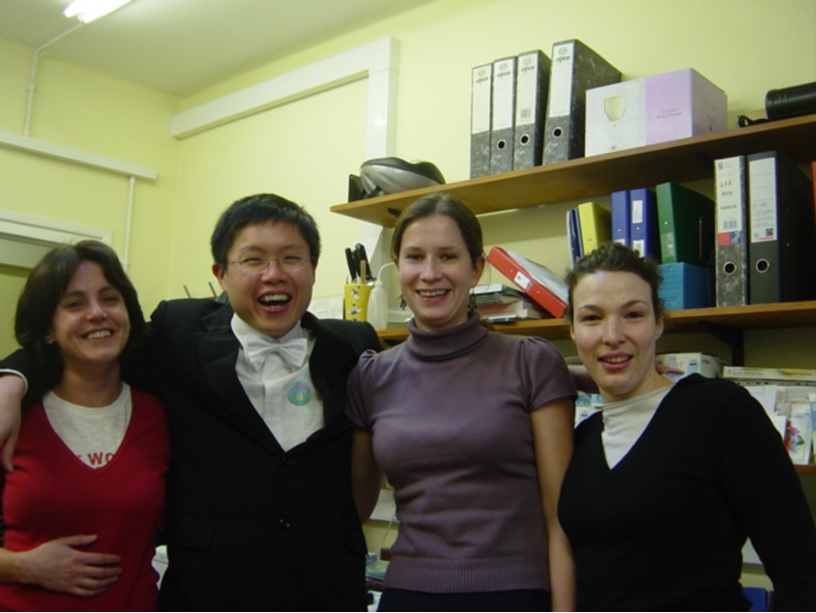
Why are you interested in plants? What led you to pursue research in this field?
Malaysia used to be a British colony, so many of my university professors had studied in the UK. Two of my greatly admired professors happened to have education experience in the UK, and that’s why I had aspired to study there. Besides, I also realized through these two professors that I was more interested in studying plants than animals. As a result, I made the switch from studying cancer cells in animals to studying plants.
What is your current research in your lab?
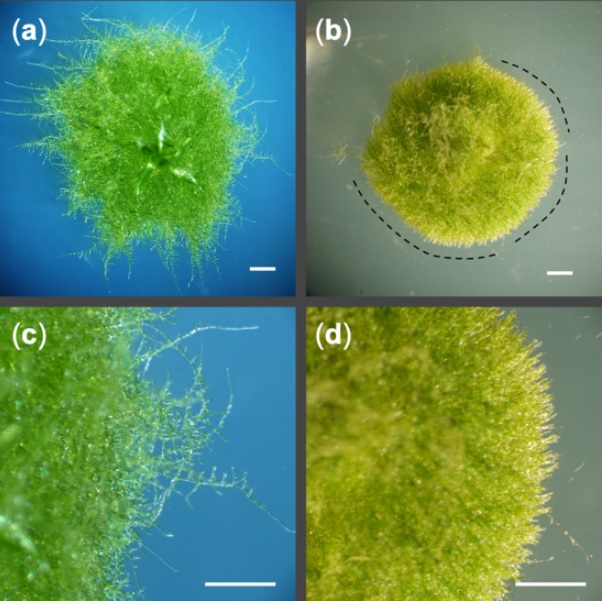
My research on the development of moss plants began in Hokkaido, where I used moss to investigate how thousands of cells coordinate amongst themselves to develop into a predefined pattern. The primary focus of the research was on the cell walls of moss plants, including how they perceive the external environment and maintain the integrity of cells during expansion.
In addition, I was particularly interested in the ability of plant stem cells to continuously differentiate and repair damage within the plant body. The presence of stem cells allows plants to constantly renew themselves, differentiate into mature cells or tissues, and maintain longevity, which fascinates me and makes me want to delve into the topic.
What are your personal interests and hobbies outside of work?
During my schooling years, I played the cello, and I even thought about learning the harp later on. Unfortunately, the tuition fee was too expensive, so I gave up on that idea. Recently, I became interested in baking, but after making cakes that were high in sugar and fat, I realized how unhealthy they were.
My biggest hobby has always been conducting experiments in the lab. Additionally, I enjoy cleaning and tidying my house.
Can you provide advice for students considering pursuing science research careers in the future?
Before choosing the path of scientific research, it is essential to establish your goals and ask yourself whether you are truly interested in research and willing to sacrifice time for it, rather than seeing it as an escape from entering the workforce. Additionally, the most important thing is to “walk the talk” and demonstrate your love for research through actions, rather than words.
💡Although research is not an easy path to take, perseverance can broaden your horizons and result in great rewards.
To know more about Dr. Teh, please
Visit the lab at https://sites.google.com/view/kock-lab/home
Follow him on twitter: @KockTeh
